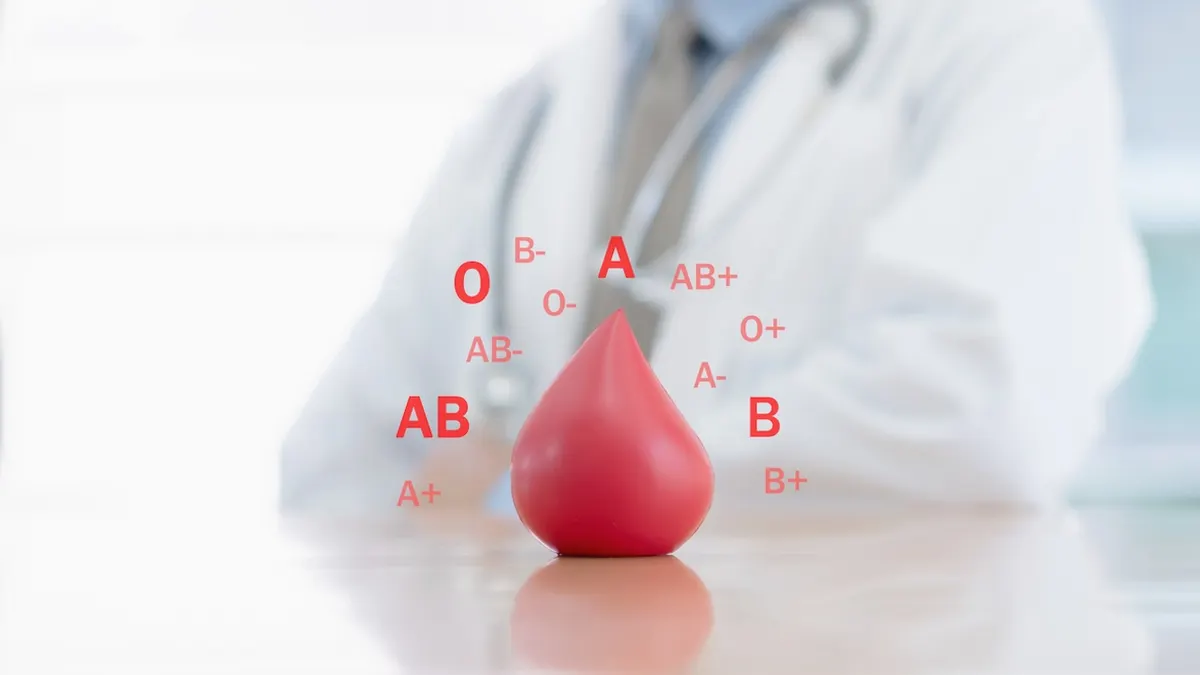

A prior COVID infection could make you more susceptible to heart attack, stroke or death, according to a new study from Cleveland Clinic and the University of Southern California.
The risk of a major cardiac event doubled for the three-year period following a positive COVID test, researchers found — even for those with no history of heart disease.
The researchers analyzed data from 10,005 people 50 and older who had COVID and 217,730 who did not contract the virus, pulled from UK Biobank between February and December 2020.
MYOCARDITIS IN YOUNG MALES AFTER COVID VACCINE: NEW STUDY SUGGESTS WHAT MAY CAUSE THE RARE HEART CONDITION
The study, which was funded by the National Institutes of Health, was published in the journal Arteriosclerosis, Thrombosis, and Vascular Biology.

"These studies add to the growing body of data showing that COVID-19 infection can enhance risk for experiencing adverse cardiac events over time," co-senior study author Stanley Hazen, MD, PhD, chair of cardiovascular and metabolic sciences in Cleveland Clinic’s Lerner Research Institute and co-section head of preventive cardiology, told Fox News Digital.
The researchers were surprised to find that the increased risk remained the same over the three-year period.
COVID INFECTED PATIENTS AT RISK FOR 20 TYPES OF HEART AND VASCULAR DISEASE: STUDY
"The twofold increased risk observed in year one following infection was also seen in year two and even year three," Hazen noted.
"This was seen in all subjects, independent of age, sex or risk factors for cardiac disease."
Those who had more adverse symptoms experienced a slightly higher risk than those with milder symptoms.

"Specifically, subjects who had severe COVID-19 infection and required hospitalization were at even higher risk of experiencing a major adverse cardiac event (MACE=myocardial infarction, stroke or death) over the ensuing three years of follow-up," Hazen said.
Blood type also appeared to impact the risk, the study found.
People with a blood type other than O — such as A, B or AB — had double the risk of a major cardiac event than those with an O blood type.
Those with O blood have also been shown to have a higher likelihood of getting a COVID infection.
"Given our collective observations and that 60% of the world's population have these non-O blood types, our study raises important questions about whether more aggressive cardiovascular risk reduction efforts should be considered, possibly by taking into consideration an individual's genetic makeup," Hazen said in a press release.

Dr. Bradley Serwer, a cardiologist and chief medical officer at VitalSolution, a Cincinnati, Ohio-based company that offers cardiovascular and anesthesiology services to hospitals nationwide, was not involved in the research but commented on the "interesting" findings.
"This study confirms what many of us have seen anecdotally over the past five years," he told Fox News Digital.
"Since the outbreak began, we have seen cardiac complications to include inflammation of the heart, a propensity to form blood clots and an increase in abnormal heart rhythms, particularly atrial fibrillation."
"The lead author, Dr. Hazen, has some fascinating theories that I assume will be tested in the future."
Based on these findings, Hazen recommends that medical providers consider COVID-19 as a risk factor for heart disease.
"Heart disease is the number one killer worldwide," he noted.

"With over a billion individuals worldwide having experienced COVID-19 thus far, these studies argue that this is not a small problem — and I hope this serves as a reminder to address global preventive cardiovascular risk-reducing efforts."
TO SIGN UP FOR OUR HEALTH NEWSLETTER
Among those efforts are monitoring cholesterol levels and blood pressure, adopting an exercise program, and being more mindful of diet.

"Please let this study be a reminder — if you are 50 or older and have experienced COVID, ask if you can do anything further to reduce your cardiac risk," Hazen advised.
"Also, make sure to stay current with your COVID-19 vaccinations and boosters."
The study did have some limitations, experts acknowledged.
"These findings signal the need for further investigation," Hazen said.
For more Health articles, visit www.foxnews.com/health
"A better understanding of what COVID-19 does at the molecular level may potentially teach us about pathways linked to cardiovascular disease risk."
Serwer agreed, adding, "This study shows an association, but does not prove causality."


